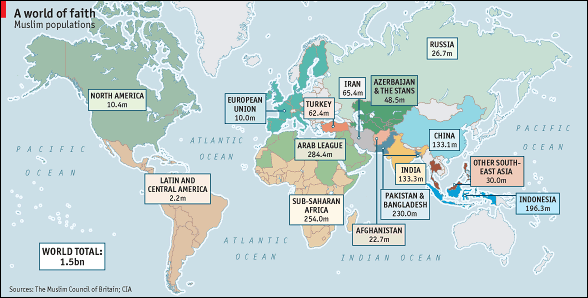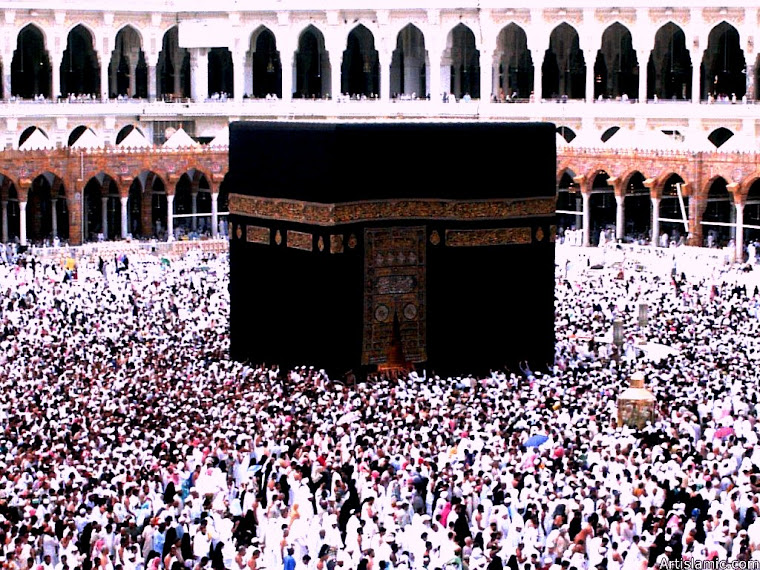Since regime in its international context, the term is defined as voluntarily agreed-upon sets of principles, norms, rules, and procedures around which actor expectations converge in a given area of international relations. Scholars argued that international collaboration was obviously not restricted to formal international organizations such as the United Nations – cooperation was necessary in monetary and trade areas, telecommunications, air traffic control, and a whole host of areas of greater and lesser importance as it was implied by Viotti.
Scrutinizing Krasner's nitty-gritty analysis on regimes and the limits of realism is very complicated one. The autonomy of regimes is derived from lags and feedback. Lags refer to situation in which the relationship between basis casual variables and regimes becomes attenuated. Regimes come to have as independent impact on outcomes and related behavior. According to Krasner, the most common formulation refers to a situation in which power and interests change, but regimes do not. Transcending to the feedback terminology which refers to processes by which established regimes alter power and interest. How this can be? Well, based on my understanding, he stipulated a more serious puzzle for conventional ratiocination that has four mechanisms. First, regimes may alter actors' calculations of how to maximize their interest. The game-theoretic and microeconomic analyses of Stein and Keohane suggest that the existence of regimes can alter calculations of interest by changing “incentives and opportunities.” Second, regimes may alter interests themselves that would led to their creations in the first place by increasing transactions flows, facilitating knowledge and understanding, and creating property rights. Third, regimes may become a source of power to which actors can appeal. The underlying resources of the actors are not changed but then ability to influence behavior is enhanced, or circumscribed by the principles, norms, rules, and decision-making procedures of a regime. Fourth, regimes may alter the power capabilities of different actors, including state. By facilitating particular patterns of behavior, regimes can strengthen or weaken the resources of particular actors.
Many of the contributors in this book emphasized the relationship between complexity, interconnectedness, and regimes, and especially for Haas, regimes are designed to manage such complexity. They even adopted a structural realist perspective in approaching international regimes, which it is more accurately describes neorealism's focus on structure as principal determinant of the behavior of states, the principal units in the international system. But somehow knowledge and understanding can affect regimes as well as cognitive understanding.
A.M.Nassef



















No comments:
Post a Comment